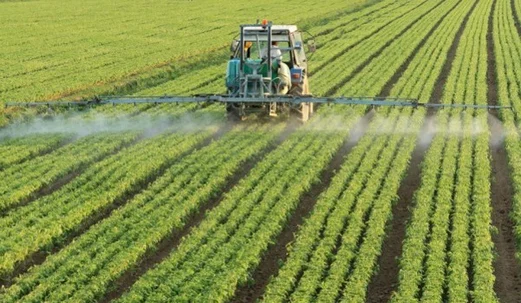The EIQ was developed by the Agricultural Research Service of the United States Department of Agriculture (USDA) in the 1990s. This index is based on a mathematical model that uses available information about the chemicals used in agriculture and their environmental impact to assess the environmental risk associated with agricultural practices.

There are different measures that agricultural producers can take to reduce their environmental impact. One of them is to use less toxic or less persistent chemicals, such as organic products. It is also important to use chemicals efficiently and with caution, following the manufacturer’s recommendations and local regulations.
More and more companies are considering the Environmental Impact Quotient (EIQ) in their purchasing decisions and business strategies. Consumers are also becoming increasingly aware of the importance of environmental sustainability and are seeking products that are produced more sustainably.
In summary, the EIQ is a valuable tool for agricultural producers as it allows them to assess the impact of their practices on the environment and take steps to reduce it. By using more sustainable agricultural practices, the environmental impact can be reduced, improving the health of soil, water, and biodiversity. It is important for companies and consumers to also consider this index when making purchasing decisions to promote environmental sustainability in agricultural production.


